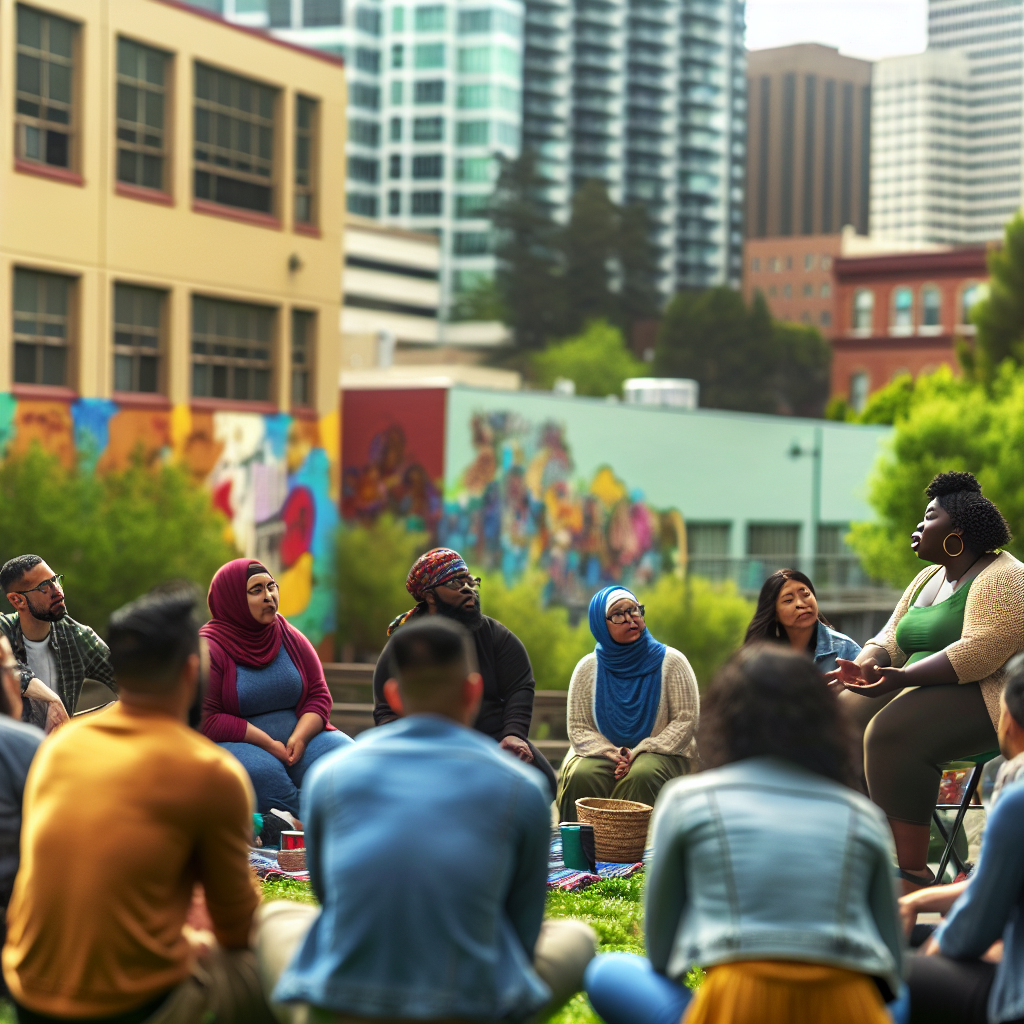This article delves into the robust strategies that foster resilience in communities, particularly in the face of adversity, by integrating concepts such as trauma-informed care, disaster recovery support, and community-based counseling. By understanding key components of mental health equity and collective trauma response, communities can enhance healing-centered engagement to overcome challenges and thrive.
Understanding Community Resilience and Its Importance
Community resilience is a vital framework that enables groups to absorb, adapt, and thrive amidst adversity. By employing interdisciplinary approaches such as community-based counseling, grassroots mental health advocacy, and integrated recovery initiatives, communities can foster emotional first aid programs and psychological recovery tools. These efforts cultivate social connectedness, enabling collective healing and restoring hope after crises. Resilience flourishes through relationship-building, emphasizing the importance of shared stories, empathy, and compassion-driven leadership, ensuring all voices are heard, particularly from underserved populations.
The Role of Trauma-Informed Care in Community Healing
Trauma-informed care provides a critical framework for community healing, recognizing the profound impact of trauma on collective well-being. By fostering environments of **safety, choice, and healing relationships**, this approach empowers communities to address past traumas while promoting **mental health equity**. Such care encourages open dialogue about experiences, creating pathways for **shared healing** and resilience. Through understanding and validation of individual and collective experiences, trauma-informed care paves the way for sustainable recovery and strengthens **local healing initiatives**, cultivating a culture of support that uplifts underserved populations.
Integrating Disaster Recovery and Mental Health Support
Disaster recovery support is crucial for rebuilding communities affected by crises, intertwining seamlessly with mental health initiatives to create more resilient populations. **Emotional first aid programs** offer immediate psychological support, fostering a culture of hope and healing. Simultaneously, **psychological recovery tools** empower individuals by equipping them with strategies to cope with stress and trauma. Together, these resources facilitate **collective trauma response**, enhancing community cohesion and well-being. Through **restorative community practices** and **grassroots mental health advocacy**, communities emerge stronger, nurturing **social connectedness** and vitality in rebuilding after hardship.
Promoting Inclusive Mental Health Care and Social Connectedness
Fostering inclusive mental health care is essential for empowering underserved populations, who often face compounded vulnerabilities. Engaging communities through **peer-to-peer mental support** builds emotional resilience, allowing individuals to share their experiences and find solace. Collaborative programs can facilitate **social connectedness**, enhancing support networks that promote recovery and healing.
Strategies such as community-based counseling and **compassion-driven leadership** are vital for creating spaces where voices are heard. By prioritizing **strength through shared stories**, communities can collectively navigate adversity and bolster mental health equity, fostering an environment of **hope-centered recovery**.
Pathways to Post-Crisis Community Healing
Building pathways to post-crisis community healing necessitates a commitment to restorative community practices and grassroots mental health advocacy. Empowering locals to share their narratives fosters connections that build resilience through relationships. Initiatives such as trauma-informed care and emotional first aid offer vital support while addressing underlying collective trauma. By engaging community members in creating psychological recovery tools tailored to their needs, we promote hope-centered recovery. Together, these strategies cultivate environments where social connectedness flourishes, ensuring mental wellness for all, particularly underserved populations.
A Sweet Ending
Communities can achieve long-term resilience and healing by embracing strategies that incorporate trauma-informed care, collective support, and inclusive mental health initiatives. Through dedicated efforts to promote social connectedness and empower individuals, resilience can be built, allowing each community to emerge stronger and more united in the face of adversity.
